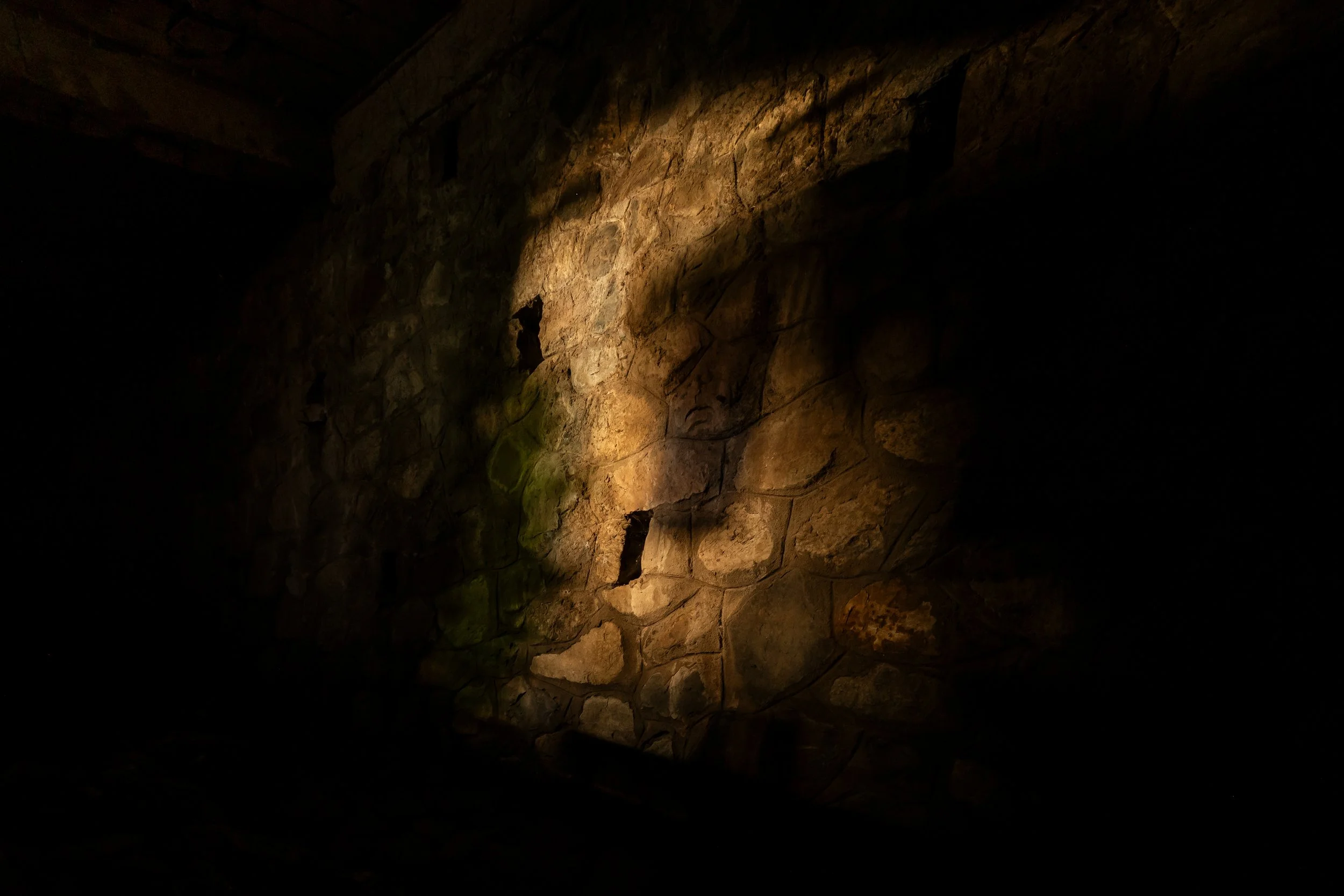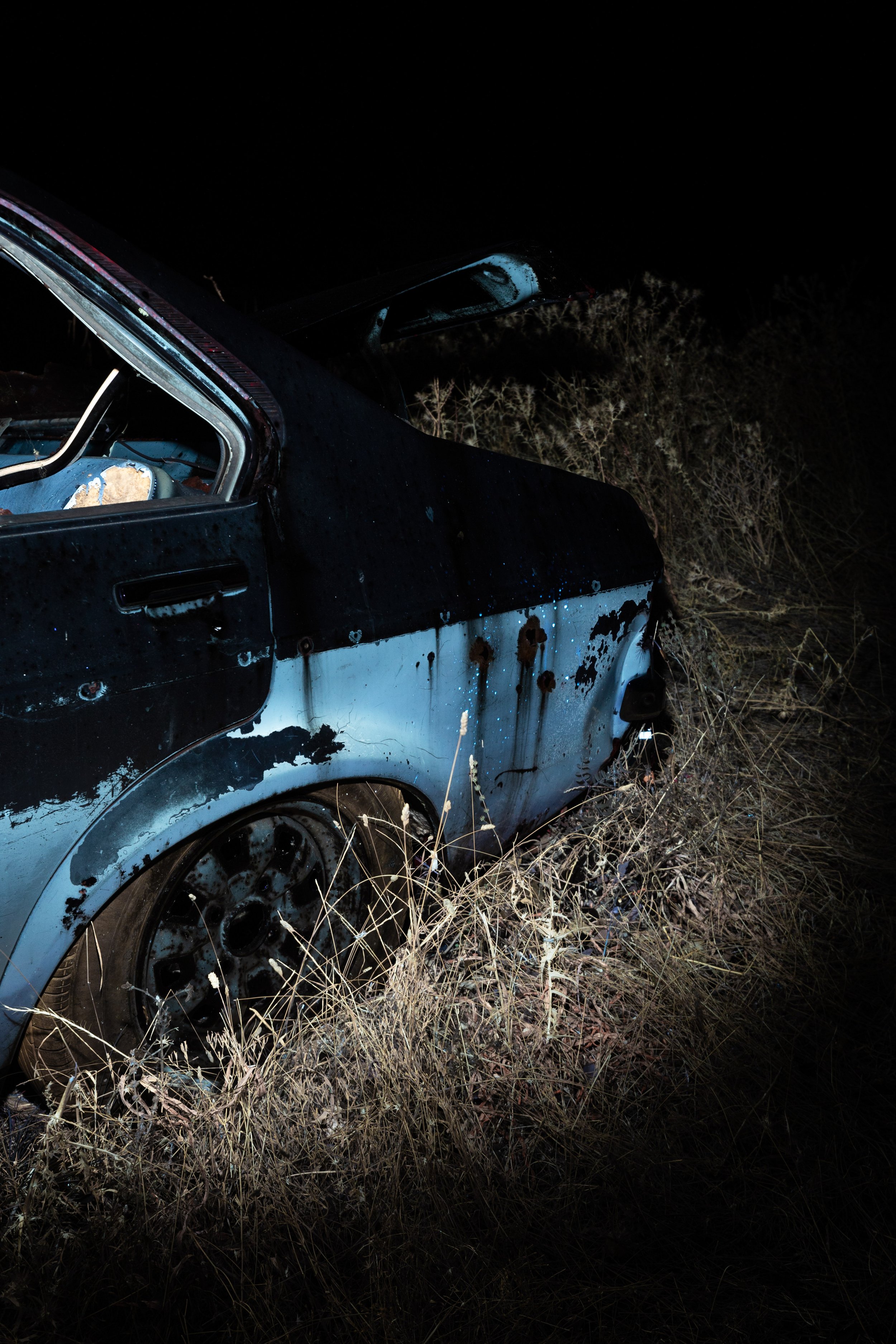Guilty Grounds
The 'Ndrangheta, based in Calabria, southern Italy, is regarded as one of the world’s most powerful and wealthiest criminal organizations. Its name stems from the Greek ‘andragathía’, meaning "heroism" and "honor." Emerging in the 1950s amidst poverty and weak state presence, the group was initially seen by locals as protectors, mediators in disputes who upheld tradition and order. Early criminal activities, such as cigarette smuggling and embezzlement, were often overlooked or even tolerated.
However, by the late 1960s, public perception began to shift when kidnapping for ransom became the 'Ndrangheta’s main source of income. Victims were held in deplorable conditions; chained to trees or hidden in shallow underground pits for months or even years. The remote, forested mountains of Calabria, especially the Aspromonte range, offered the ideal terrain for such crimes to remain hidden.
Calabria itself is a land of contrasts: stunning natural beauty exists alongside abandoned buildings, illegal dumping grounds, and a deep-rooted culture of silence. The triangle of towns; San Luca, Natile di Careri, and Platì formed the operational heart of the kidnapping era from the 1960s to the 1990s. In these towns, authorities uncovered complex networks of underground bunkers and tunnels, often connected to sewer systems or disguised within homes and farms, allowing mafiosi to escape police raids effortlessly.
San Luca also ties the 'Ndrangheta to the sanctuary of Polsi, where the Madonna of the Mountain is worshipped. Here, religion and organized crime intersect. Leaders gather at the monastery annually, blending ritual, loyalty, and secrecy.
Central to the ‘Ndrangheta’s power is ‘omertà’, the sacred code of silence. This unwavering rule protects the organization and has led to the disappearance of many victims whose bodies were never found, presumed to be buried, destroyed, or fed to animals in Calabria’s unforgiving wilderness.















